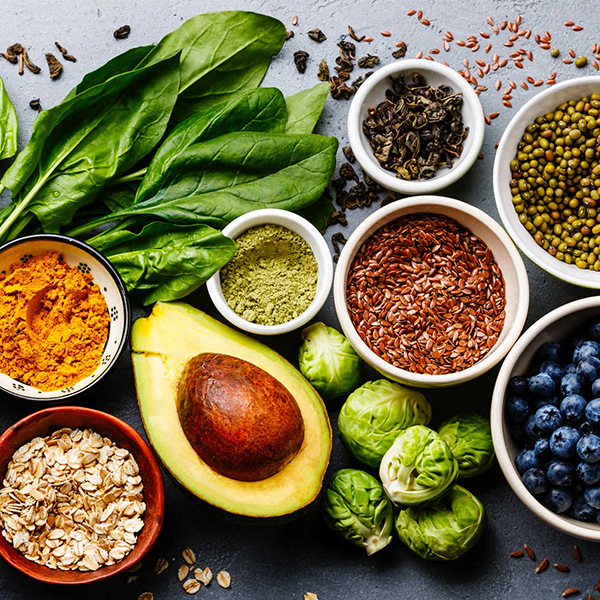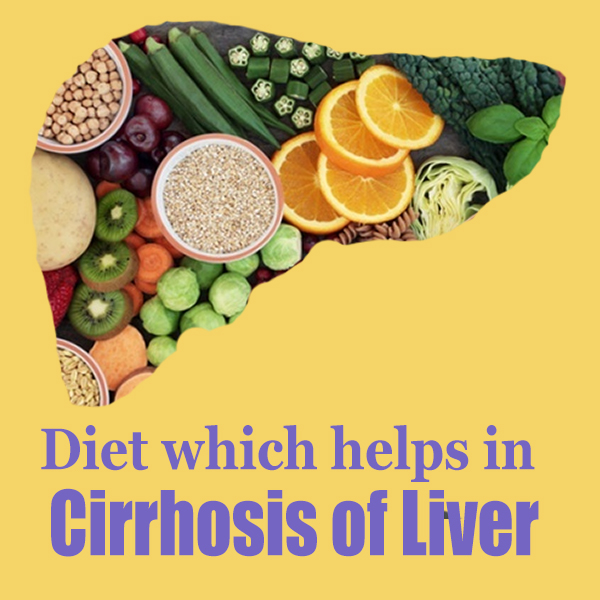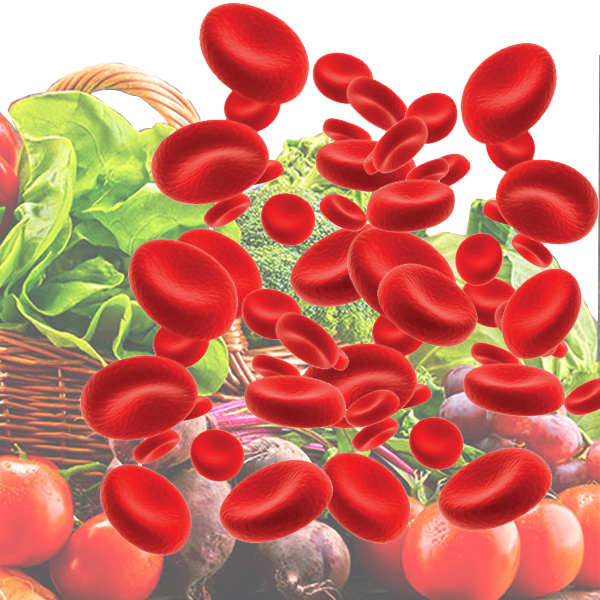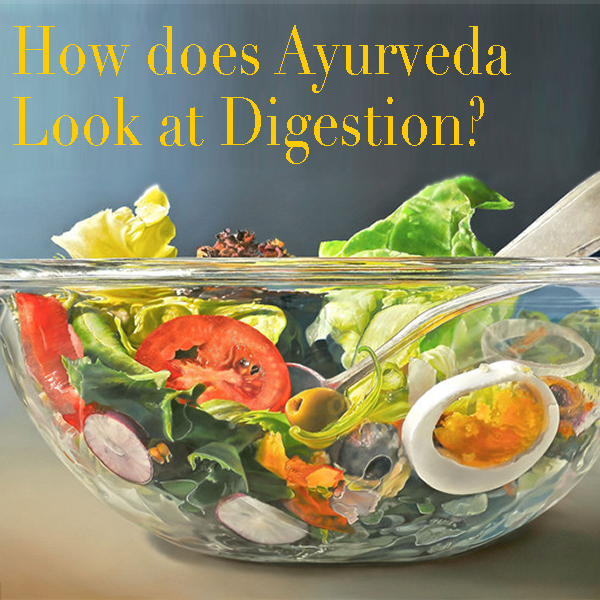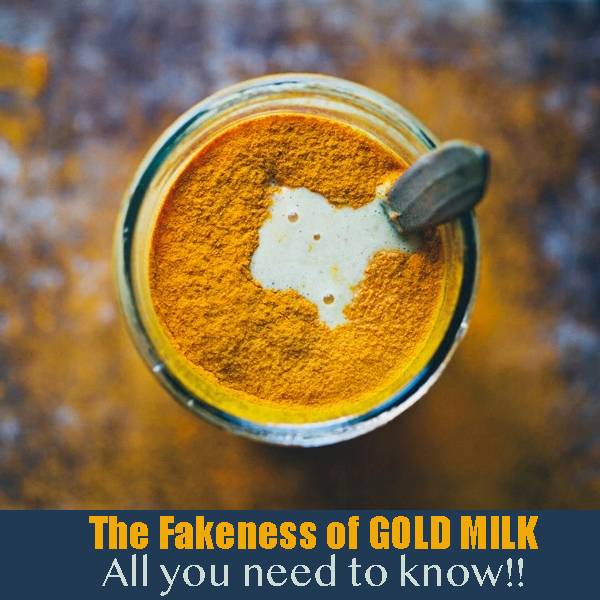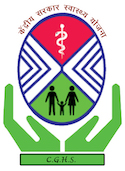-
October 11th, 2019Diet For Flatulence
Flatulence is a condition, where the intestines are full of gasses and bloat like a soccer ball. This is more a symptomless disease for most of us but this becomes severe when it starts leaving its effects on related organs. Intestines are surrounded by some important organs. Above the diaphragm, there are the lungs and… Continue reading Diet For Flatulence
-
October 11th, 2019Diet For Coronary Heart Disease
Coronaries are small arteries, but are too vital because these arteries supply to the heart, the heart, which supplies to the whole of the body! There are certain myths about the diet and heart diseases and these myths are proving deadly due to the lack of the knowledge. Here are some of the main dietetic… Continue reading Diet For Coronary Heart Disease
-
October 11th, 2019Diet For Constipation
Irregular behaviour of the Gut is known as Constipation. This is the most common problem of modern generations, where almost every 2nd person is facing the problems with the evacuation of bowls. For someone it can be a normal thing, but here is a simple question- what will happen if the sewerage system of your… Continue reading Diet For Constipation
-
October 11th, 2019Diet For Cirrhosis of Liver
Cirrhosis is scarring that occurs in the liver due to chronic damage, which then impairs its function. As cirrhosis worsens, it can lead to problems like jaundice (yellowing of the skin and eyes), ascites (a build-up of fluid in the abdomen), hepatic encephalopathy (brain damage due to severe liver malfunction), or bleeding in the gut.… Continue reading Diet For Cirrhosis of Liver
-
October 11th, 2019Diet For Anemia
Anemia never sounds a big issue for most of the us but truly speaking it is a big issue for our cells and for our body. This is the hemoglobin within the blood cells which carries the adequate amount of the oxygen to all the cells and once this amount is too low to cop… Continue reading Diet For Anemia
-
October 11th, 2019Diet For Cardiac Diseases
CHD, Coronary heart diseases were first reported in 1912 by Harrick in USA and it took several years to appear again in UK. None have thought that this disease will be the most deadly one after 100 years. Within these 100 years, if we talk about the figures and dat. This disease has progressed more… Continue reading Diet For Cardiac Diseases
-
October 11th, 2019You and Your Diet
“Outer surroundings have deeper and inner effects on the body” this is a general statement, everybody knows about. These impacts are not only on the physical level but also on the psychological levels too. Subtle cells and even grossest muscles- all work under the impact of the outer surrounding world. We are connected to the… Continue reading You and Your Diet
-
October 11th, 2019Concept of Digestion in Ayurveda
Digestion is the most important part of the body. Digestion is the process which provides the nutrition to the body and mind. On other hand this system is also responsible for the removal of waste products from the body through anal route. Health depends on the activities of this system. When this system is working… Continue reading Concept of Digestion in Ayurveda
-
October 11th, 2019Dietetic regulation
The human body is said to be the most evolved state or product in the universe. This physical body along with the living conscious is the most beautiful and advanced of all creation of the universe. According to Ayurveda creation of the human body from the food. Initially the fundamental entity of space evolves, from… Continue reading Dietetic regulation
-
October 11th, 2019Dietetic Incompatibility
Incompatibility (Viruddhatwam) Ahara includes both food and drugs. Some of these substances will stimulate the doshas and activate them towards pathological state. Therefore they become harmful to the body tissues and systems. These are all known as Viruddha dravyas or Ahita dravyas. The same is known as Incompatibility in modern sciences. Incompatibility is the state… Continue reading Dietetic Incompatibility





